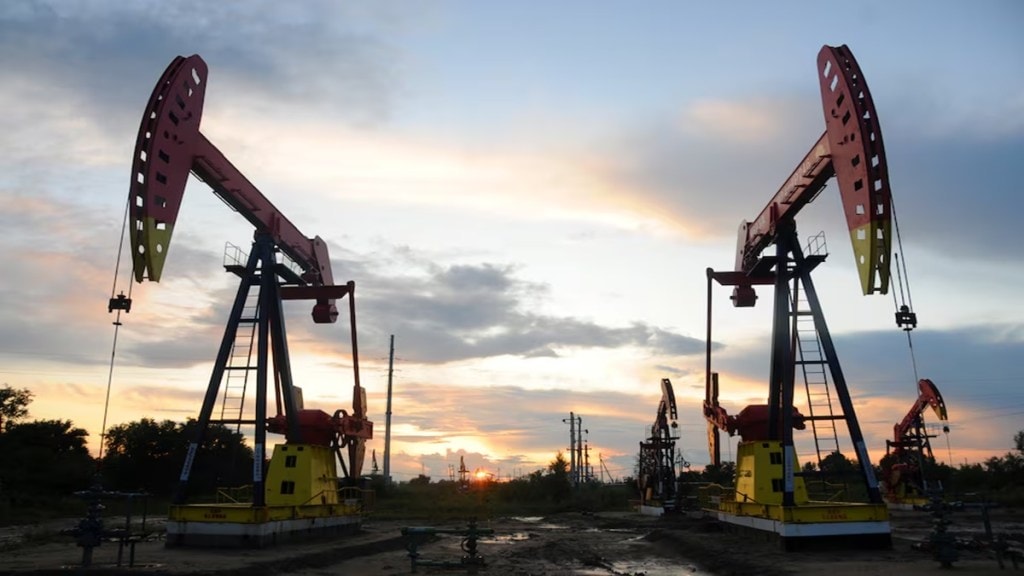Nayara Energy’s operations remain under pressure due to disruptions caused by international sanctions, but a gradual recovery is underway as the company reinforces its reliance on Russian crude.
Full pivot to Russian crude stabilises imports
As of September, the company’s crude oil imports consisted entirely of Russian oil at 330,000 barrels per day, increasing by around 36% from August lows. Until July, the company bought oil from Russia, Iraq, and Saudi Arabia.
Post-sanctions, the refinery has struggled with compliance, shipping, payment channels, and lower crude imports.
Nayara’s refining operations in August and September were curtailed due to sanctions, with exports also remaining sharply lower than last year, due to reduced refinery runs linked to lower crude intake and shipping issues, according to Kpler.
Exports diverted as compliance and shipping issues ease
The company exported 134,000 barrels per day (bpd) of petroleum products during September, down from 149,000 bpd exported in August. On an annual basis, the exports declined by 51% from 276,000 bpd in September 2024.
“However, these issues are gradually being resolved, and we expect refining operations to move closer to their economic or rated capacity in Q4,” said Sumit Ritolia, lead research analyst, refining & modeling at Kpler.
Earlier, the refinery used to export around 10–20 thousand barrels per day of jet fuel to the EU, but these volumes are now being redirected to alternative markets. Going forward, Kpler anticipates more barrels to flow toward Asia, West Asia, and Latin America.
As part of its measures against Moscow, the EU has imposed sanctions on the 20-million tonne refinery in Gujarat, owned by Rosneft-backed Nayara Energy and tightened the oil price cap.
Post these sanctions, Nayara cannot export fuel such as petrol and diesel to European countries.
Responding to these sanctions, the company had earlier said the unilateral move is founded on baseless assertions, representing an undue extension of authority that ignores both international law and the sovereignty of India.
The company presently contributes to approximately 8% of the country’s total refining capacity, ~7% of India’s retail petrol pump network and estimated 8% of polypropylene capacity.
The company primarily caters to the domestic market through India’s largest private fuel retail network, institutional sales and partnerships with other oil marketing companies (OMCs). Nayara has maintained that it will continue to serve Indian consumers and invest over Rs 70,000 crores in the long term towards petrochemicals, ethanol plants, marketing infrastructure expansion and refinery reliability including ESG projects.


